News
-
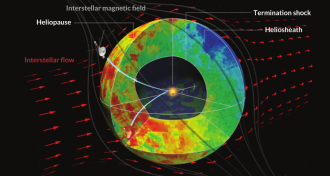 Astronomy
AstronomyNo long, twisted tail trails the solar system
The bubble that envelops the planets and other material in the solar system does not have a tail, new observations show.
-
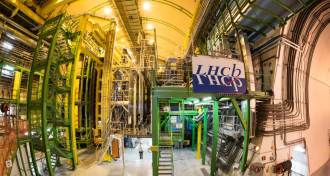 Particle Physics
Particle PhysicsCollider data hint at unexpected new subatomic particles
A set of particle decay measurements could be evidence for new physics.
-
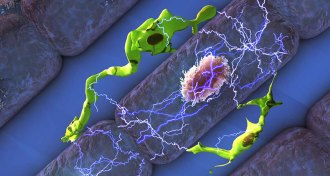 Life
LifeImmune cells play surprising role in steady heartbeat
Immune system cells called macrophages help heart cells rhythmically contract, maintaining the beat of mice’s hearts.
-
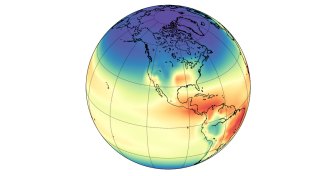 Climate
ClimatePlot twist in methane mystery blames chemistry, not emissions, for recent rise
The recent rise in atmospheric methane concentrations may have been caused by changes in atmospheric chemistry, not increased emissions from human activities, two new studies suggest.
-
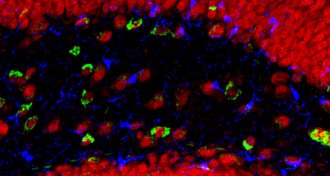 Neuroscience
NeuroscienceBrain gains seen in elderly mice injected with human umbilical cord plasma
Plasma from human umbilical cord blood refreshes aspects of learning and memory in mice.
-
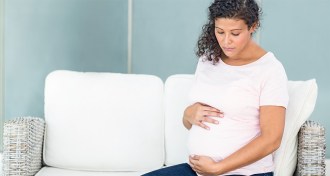 Health & Medicine
Health & MedicineAutism, ADHD risk not linked to prenatal exposure to antidepressants
Taking antidepressants during pregnancy does not increase the risk of autism or attention-deficit/hyperactivity disorder, two new large studies suggest.
-
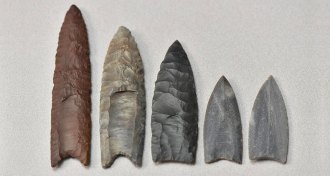 Archaeology
ArchaeologyShock-absorbing spear points kept early North Americans on the hunt
Ancient Americans invented a way to make spear points last on an unfamiliar continent.
By Bruce Bower -
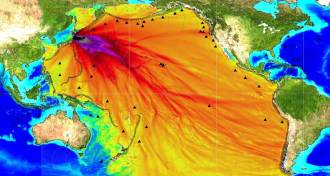 Oceans
OceansMore than one ocean motion determines tsunami size
The horizontal movement of the seafloor during an earthquake can boost the size of the resulting tsunami, researchers propose.
-
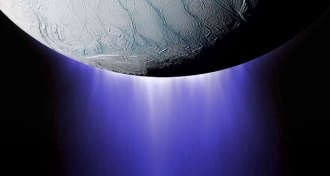 Planetary Science
Planetary ScienceFood for microbes found on Enceladus
The underground ocean of Saturn’s moon Enceladus harbors an abundance of molecular hydrogen, which could be an important source of food if microbial life exists there.
-
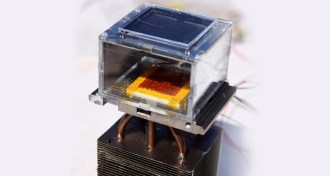 Chemistry
ChemistryNew tech harvests drinking water from (relatively) dry air using only sunlight
A prototype device harvests moisture from dry air and separates it into drinkable water using only sunlight.
-
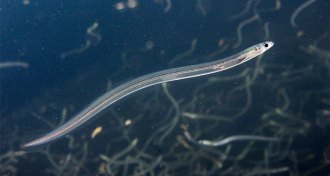 Animals
AnimalsYoung eels use magnetic ‘sixth sense’ to navigate
Migrating eels use Earth’s magnetic field.
-
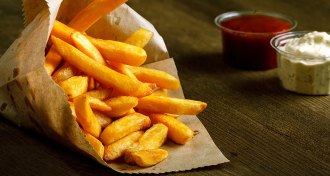 Health & Medicine
Health & MedicineRules restricting artificial trans fats are good for heart health
Taking artificial trans fats off the menu reduces hospitalizations for heart attack and stroke.